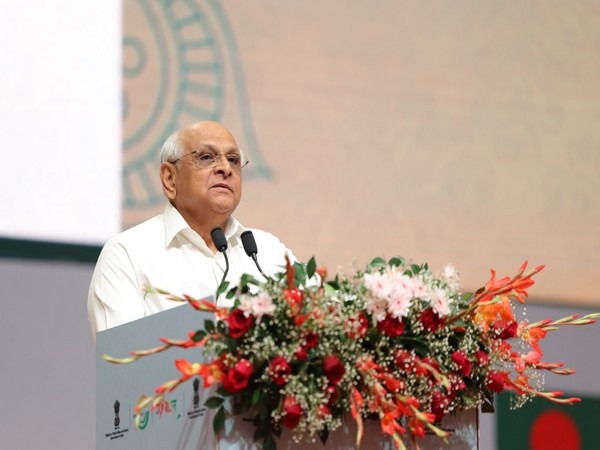Canada promises review of $6.8 million worth security equipment purchased from Chinese govt-owned firm
Jul 20, 2020

Ottawa [Canada], July 20 : Canada's Foreign Minister Francois-Phillipe Champagne has promised to review $6.8 million worth of security equipment purchased from a Beijing-based high-tech company that has been found to have connections with the highest levels of the Chinese Communist Party.
As per Global News reports, Canada, this week, posted details that Beijing-based Nuctech, a company owned by the Chinese government and founded by the son of former General Secretary of the Chinese Communist Party, Hu Jintao, has been awarded a deal by Global Affairs Canada (GAC) to install X-ray scanning equipment and software systems to provide security for 170 Canadian embassies, consulates and high commissions worldwide.
Responding to questions from the media, the Foreign Minister on Friday promised in a statement to review "any possible issue relative to security or safety ... all appropriate actions (will be) taken to ensure the safety of our missions around the world."
"We are currently looking into the offer with Nuctech company to provide some security screening equipment in our missions abroad," Champagne said in a statement. "Global Affairs has not purchased any equipment from Nuctech at this time."
"In addition, I have today directed GAC officials to review our purchasing practices when it comes to security equipment and to continue reviewing the security of our missions around the world," the statement read further.
The deal has been signed despite mounting concerns among some national security experts about Nuctech's growing access to sensitive facilities worldwide.
Nuctech has been accused in the past of engaging in controversial business practices in Asia, Africa and Europe, including offering soft loans and illegal dumping.
The New York Times has repeatedly reported on an alleged corruption case in Namibia involving Nuctech. According to Namibian prosecutors, in May 2008, three suspects allegedly received $12.8 million in kickbacks to help Nuctech secure a $55-million X-ray scanner contract, the Times reported.
Critics of state-owned enterprises alleged that the Chinese government subsidises its companies to allow them to bid at lower prices than Western competitors.
Meanwhile, in Europe, some analysts are complaining that Nuctech is making rapid inroads providing services to border security facilities due to China's state-backing, unfair practices, and potentially Beijing's influence over some European politicians.
Carleton University professor Stephanie Carvin, a former Canadian Security Intelligence Service official, said the Nuctech contract for Canadian embassies presents security concerns, but she believes China's "geo-economic" strategy is the bigger concern.
"This is not Huawei. I am not as concerned as I would be with telecommunications," Carvin said.
"The issue is the fact companies like Nuctech are inherently anti-competitive, they may in some cases be beneficiaries of stolen technologies, and they want to fundamentally take over and undermine western technologies," Carvin added.




















